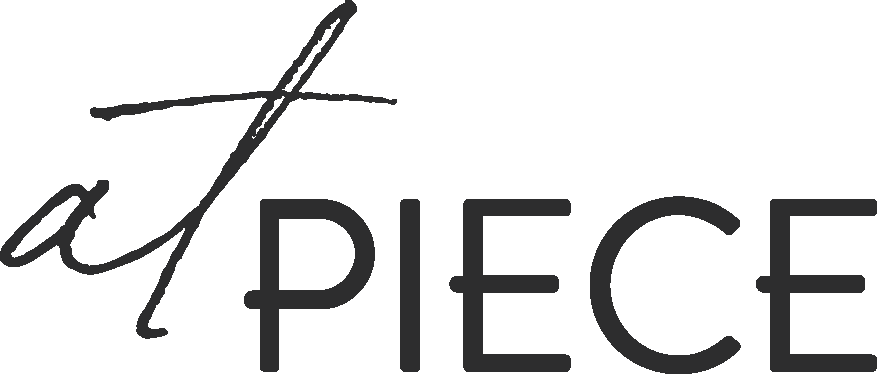The benefits of jigsaw puzzles
Spoil your employees with 1000 pieces of peace
Puzzles from At Piece are all about slowing down. When you start focusing on the pieces, your mind enters a meditation-like state and the 'recharging' can begin. This state has been proven to improve your problem-solving ability, teamwork, productivity and much more.
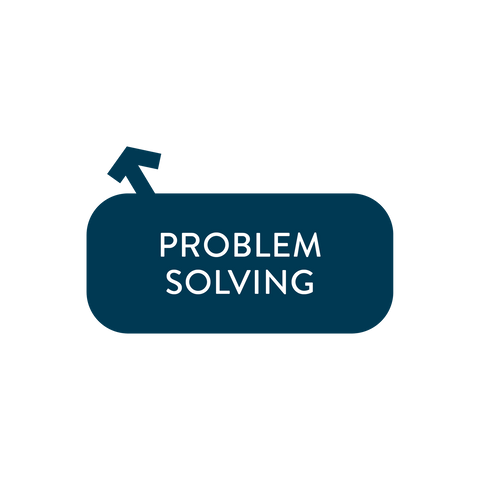
To solve the riddle that a puzzle is purely brain-wise, we uses different approaches. We learn the value of formulating theories, testing hypotheses and to change our perspectives when something does not go as it should planned. These skills are transferable to work, making us more innovative in problem solving, more critical thinking and better at to adapt.
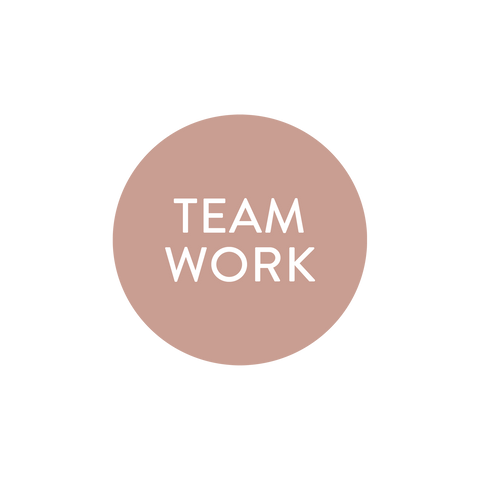
Puzzles in the workplace are, according to Yale University researchers, helping to build and improve collaboration between colleagues.
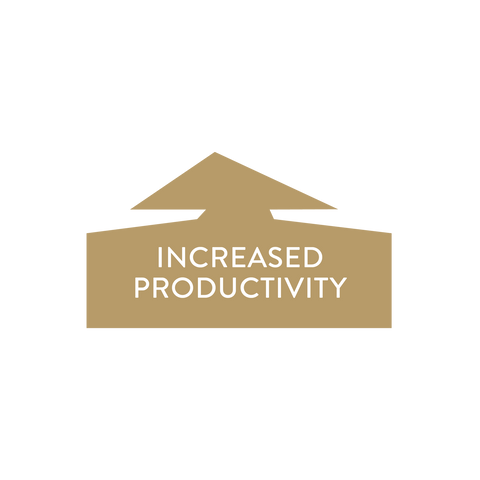
When concentration improves, our productivity soars. If we have problems staying focused on work, it helps to take a short break to do a puzzle and reset the brain. Therefore is many businesses have started having puzzles in their rest areas...
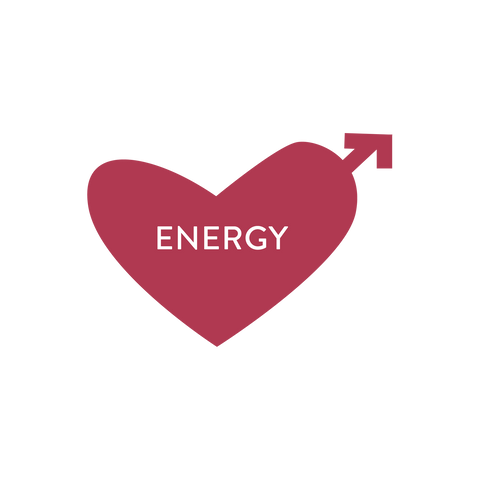
Solving puzzles increases the brain's production of dopamine. This neurotransmitter is responsible for regulating mood and optimism. It also affects learning, memory, concentration and motivation. Dopamine is released every time we do a puzzle, well, actually every time we put a piece in the right place, and it encourages us to continue and challenge ourselves.
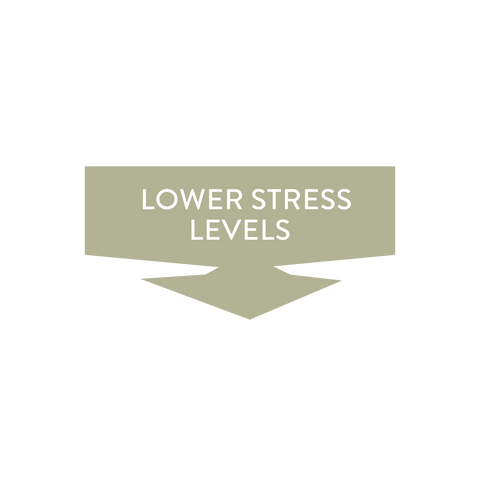
When we do puzzles, we relax because our brains go from "Beta" or awake to a state of "Alpha". The alpha state is similar to the state we are in when we dream and meditate.

Mental exercise helps to provide better sleep.
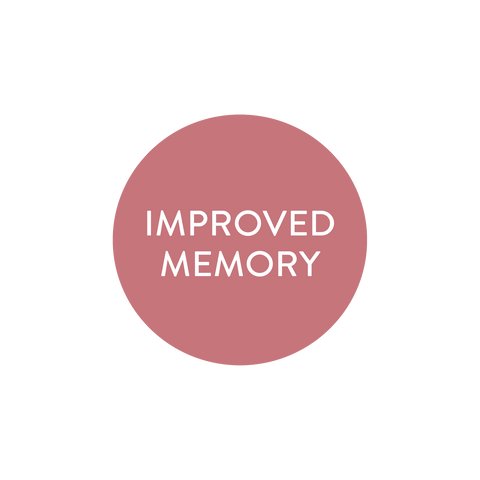
Doing puzzles strengthens neural connections and increases the formation of new connections, increasing our mental speed and thought processes. For each piece, we must look among the other pieces for the color or shape we have in mind.

When we put together puzzles, we pay attention to details. The ability to capture small details can help us in all aspects of our lives, especially on the work. When we are more detailed and precise, the quality improves of our work.
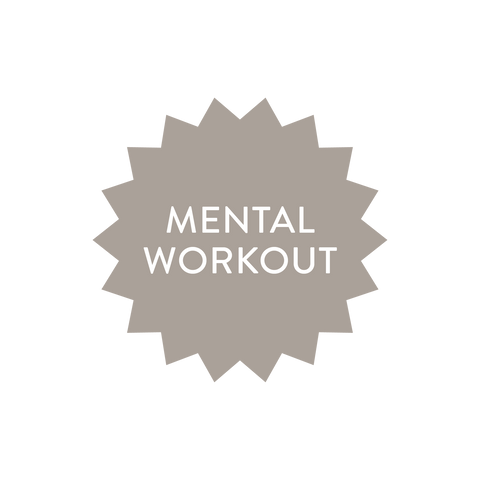
Putting puzzles together is a perfect brain exercise, as it trains both right and left side. When we put together a puzzle, both sides have to communicate and work together, which increases cognitive function.
